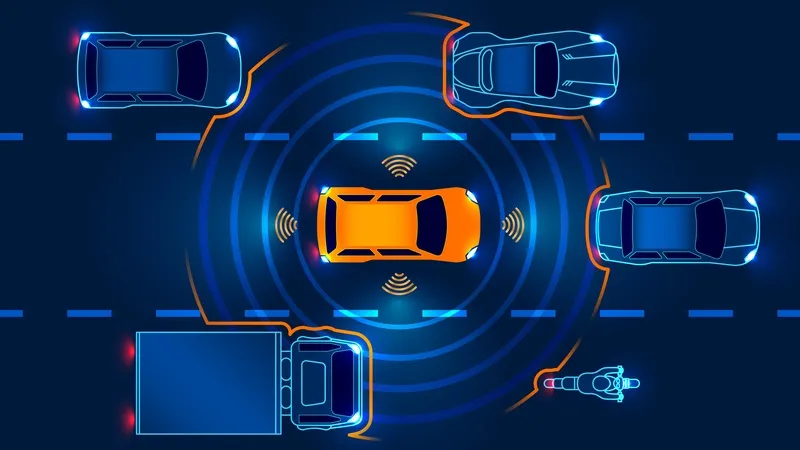Meanwhile, original equipment manufacturer (OEM) start-up initiatives such as
The analysis, Start-ups Disrupting the Global Automotive and Mobility Industry, 2016-2017, finds the total start-up funding across various technological verticals garnered US$1.55 billion in 2016, with major investment focused on mobility, electrification and connected car technologies.
“By 2025, mobility solution revenue is expected to reach €1.89 trillion, and OEMs will look to capitalise on this by acquiring or investing in mobility start-ups across the globe,” said Frost & Sullivan Mobility Industry Analyst Ramnath Eswaravadivoo. “Tier 1 suppliers are also engaging in acquisitions and investments in start-ups in order to enhance their existing portfolio, gain a competitive edge, and become one-stop solution providers as evinced by Delphi’s acquisition of Movimento, Microsoft’s acquisition of Maluuba, and
“In the future, all OEMs will look toward digitalisation of their ecosystem; Increasing digital retail and adoption of blockchain technologies will be critical success factors,” noted Eswaravadivoo.
Start-ups ‘steering growth and innovation in global automotive and mobility industry’
From devising driver monitoring systems to mapping services and driver safety data on the go, start-ups are rapidly emerging in every technological vertical in the automotive space, say Frost & Sullivan researchers. Over 1,700 start-ups are focusing on developing technologies that enable electrification, autonomous cars and mobility solutions to reduce the cost of ownership and enhance user experience. Meanwhile, original equipment manufacturer (OEM) start-up initiatives such as BMW Start-up Garage, the JLR
May 24, 2017
Read time: 2 mins
From devising driver monitoring systems to mapping services and driver safety data on the go, start-ups are rapidly emerging in every technological vertical in the automotive space, say 2097 Frost & Sullivan researchers. Over 1,700 start-ups are focusing on developing technologies that enable electrification, autonomous cars and mobility solutions to reduce the cost of ownership and enhance user experience.








